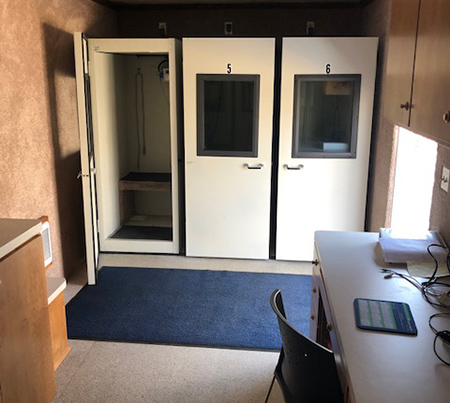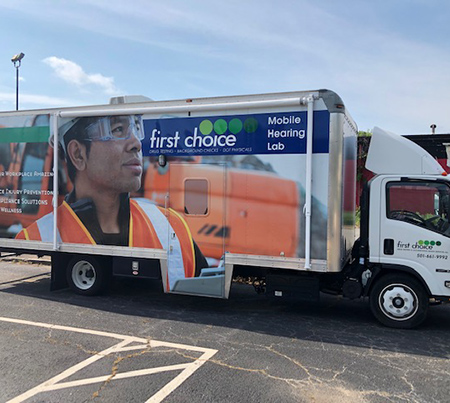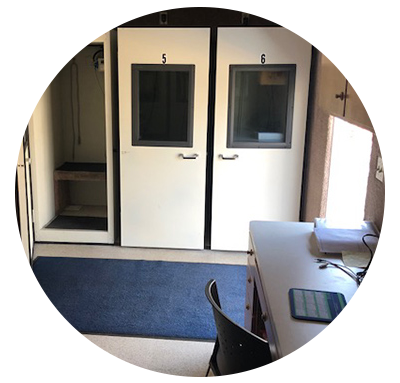
It never ceases to amaze me what donors will try to pass off as urine. We recently had a donor supply a sample that the collector (a mom and a pretty good cook) swears was chicken broth. I guess the color is somewhat similar, but the smell gave it away instantly! Perhaps she had gotten away with using chicken broth in the past at some other clinic. We hear quite often from cheaters that they’ve done drug tests for years and have never had a specimen rejected by a collector. They seem dumbfounded when we tell them that we cannot accept what’s in the cup and we discard it.












